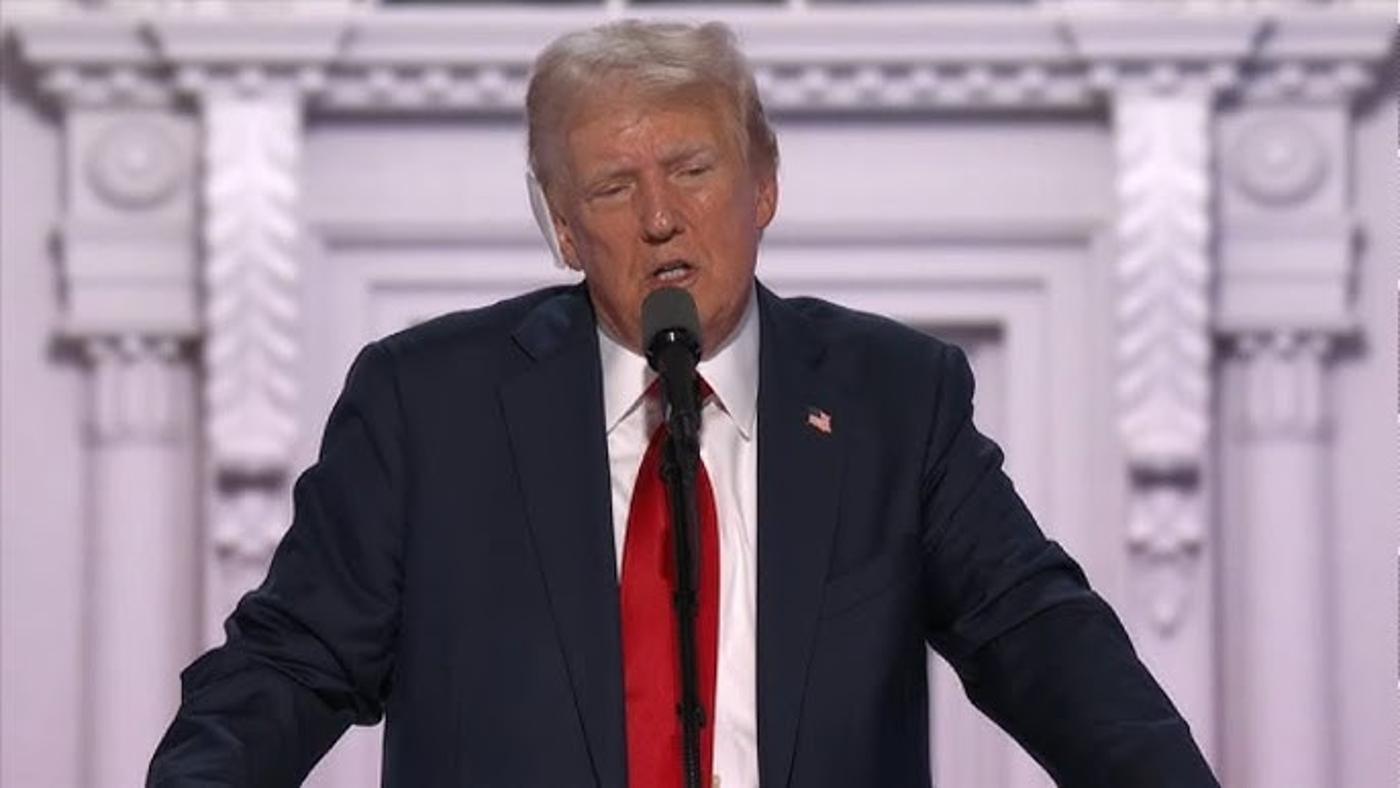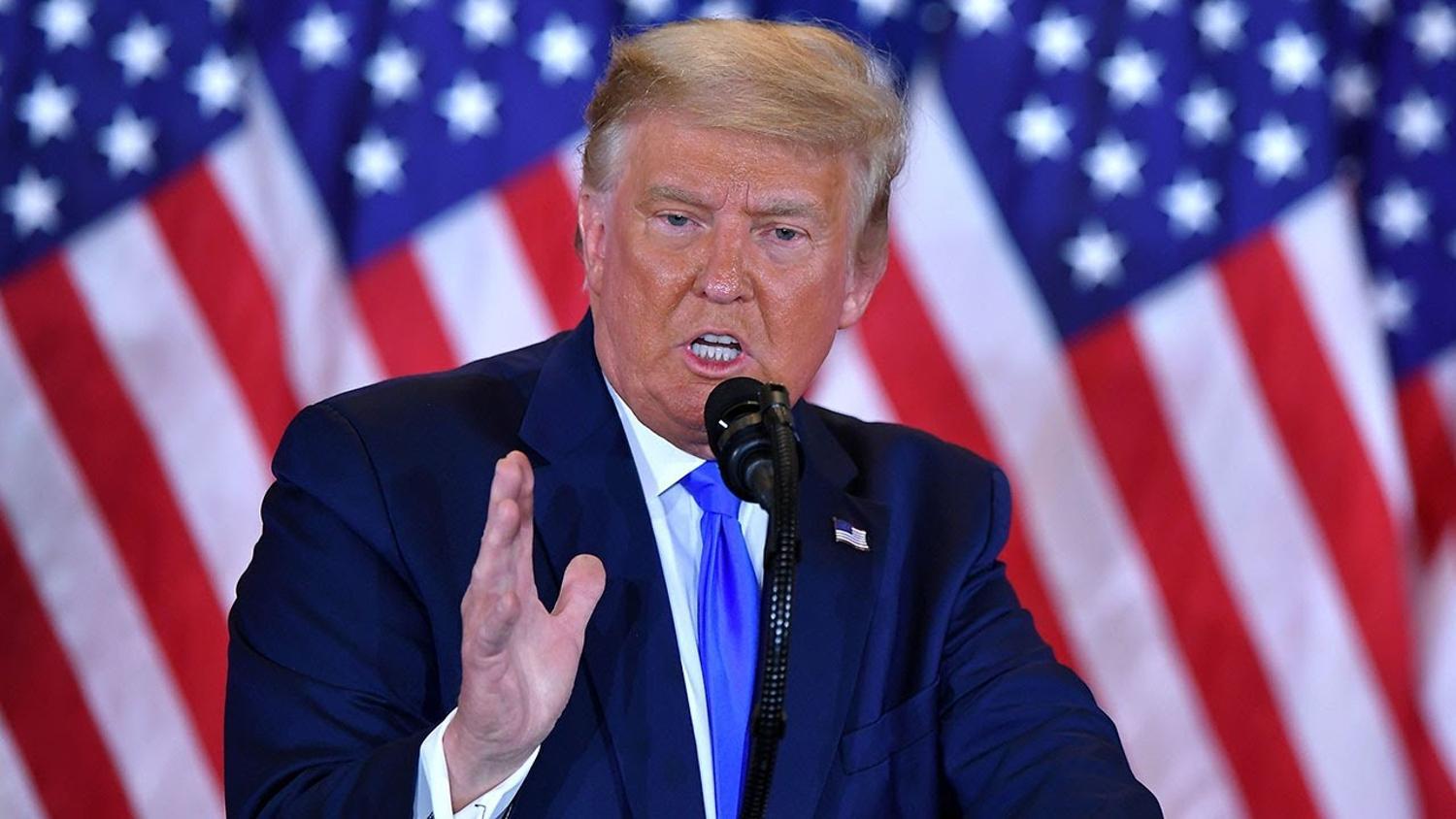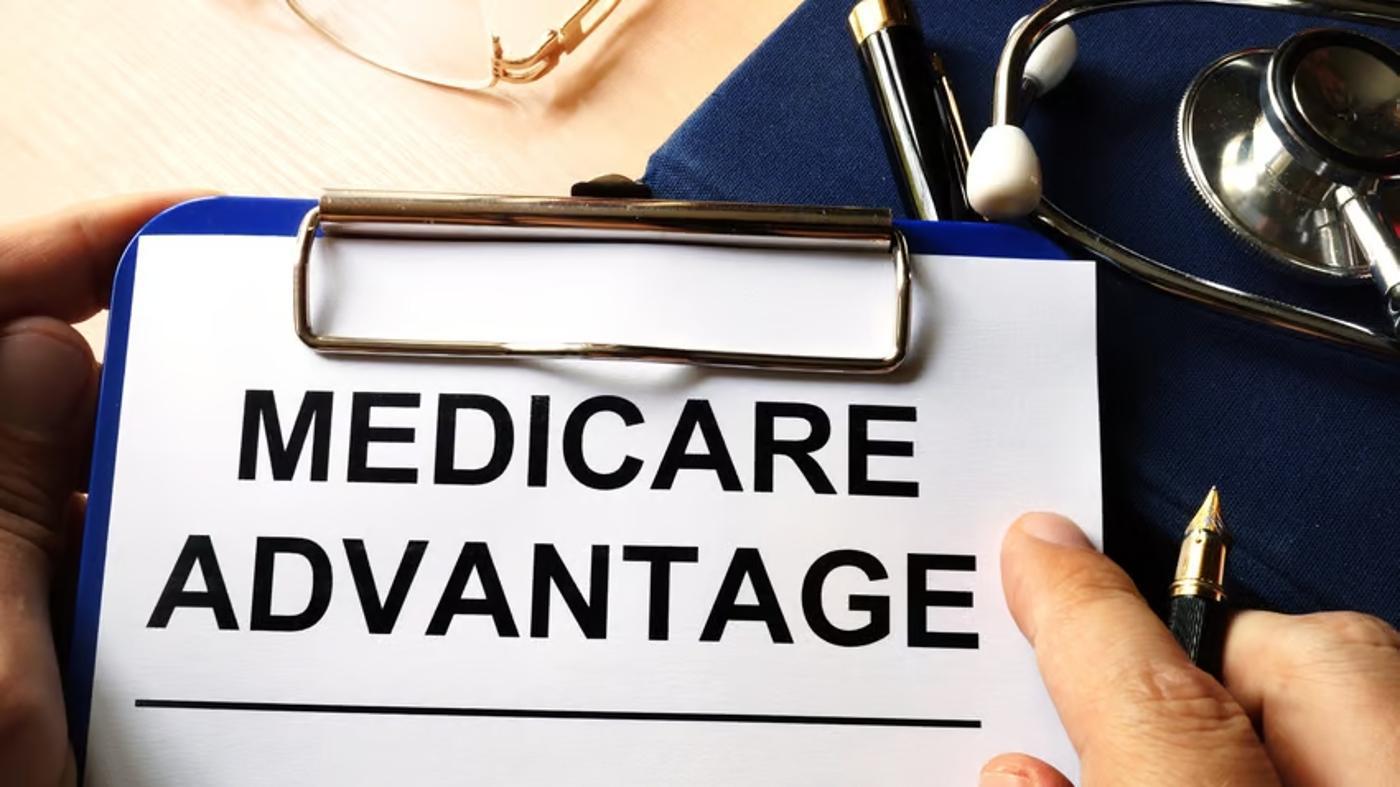Earlier this month, Project 2025, a right-wing plan for a potential second Trump administration, began to draw significant negative attention. In response, the former president, who could once again seek office, was quick to distance himself from the initiative.
On Truth Social, Trump stated, “I know nothing about Project 2025,” and expressed his belief that some unspecified ideas in the proposal are “abysmal.”
Skepticism Surrounding Trump’s Denial

Trump’s dismissal of the plan might seem convincing, but it shouldn’t be the end of the discussion. More than two dozen former Trump administration officials are involved in Project 2025, raising questions about the former president’s denial.
Additionally, many of the policy recommendations in the project appear to be a continuation of the strategies pursued during Trump’s first term, particularly in the realm of Medicare and other healthcare initiatives.
Medicare Advantage as a Default Option

One key proposal in Project 2025 is to make Medicare Advantage, the private insurance alternative within Medicare, the default option for enrollment. Currently, there is no default option, though Original Medicare is presented first.
While this may seem like a minor administrative change, it has the potential to significantly degrade Medicare and healthcare across the United States, affecting Americans of all ages.
Trump’s Broken Promises on Medicare

Trump has long promised to “save Medicare, Medicaid, and Social Security without cuts.” However, this promise was never true. Even before taking office, Trump’s own staff and supporters acknowledged that his pledge was false.
Once in office, every budget proposed by Trump included cuts to Social Security and Medicare. Additionally, Trump actively promoted enrollment in Medicare Advantage, with his Department of Health and Human Services even sending out promotional emails during open enrollment periods with headlines like “Get more benefits for your money.”
The True Cost of Medicare Advantage

However, the reality is that Medicare Advantage costs the government billions more each year than traditional Medicare while providing less necessary care. Health insurance companies exploit the Medicare system, profiting at the expense of taxpayers and patients.
The government pays insurers a set fee per enrollee, adjusted for the enrollee’s health to prevent companies from selecting only the healthiest individuals. Yet, insurers often exaggerate the severity of their enrollees’ conditions to collect higher payments, leading to the government spending over 20% more on Medicare Advantage enrollees compared to those in traditional Medicare.
Limited Care Under Medicare Advantage

Despite these higher costs, Medicare Advantage enrollees do not receive more or better care. Traditional Medicare allows patients to see almost any doctor with few services requiring prior authorization.
In contrast, Medicare Advantage restricts patients to narrow medical networks and subjects them to stringent prior authorization requirements.
The Appeal of Medicare Advantage

So why does Medicare Advantage now cover more seniors than traditional Medicare? Trump is not the sole reason. Traditional Medicare can be complex, and most experts recommend purchasing additional Medigap insurance to cover out-of-pocket costs. This combination can be more expensive upfront for seniors, many of whom are on tight budgets.
Medicare Advantage plans, in contrast, appear simpler and often include perks like gym memberships and dental care. However, the downsides of these plans, such as restricted access to lifesaving care, become apparent only when it’s too late for seniors to switch back to traditional Medicare. This has led to the program being dubbed “Medicare Disadvantage.”
Insurance Company Delays

From MRI scans to chemotherapy, and even doctor-recommended nursing home stays, patients in Medicare Advantage plans often face insurance company delays or denials.
Although most enrollees do not appeal these decisions, those who do are successful in overturning the denial about 80% of the time.
The Appeal of Medicare Advantage

So why does Medicare Advantage now cover more seniors than traditional Medicare? Trump is not the sole reason. Traditional Medicare can be complex, and most experts recommend purchasing additional Medigap insurance to cover out-of-pocket costs. This combination can be more expensive upfront for seniors, many of whom are on tight budgets.
Medicare Advantage plans, in contrast, appear simpler and often include perks like gym memberships and dental care. However, the downsides of these plans, such as restricted access to lifesaving care, become apparent only when it’s too late for seniors to switch back to traditional Medicare. This has led to the program being dubbed “Medicare Disadvantage.”
Conservative Support for Medicare Advantage

One might expect the Heritage Foundation, which frequently criticizes federal spending and economic restrictions, to oppose a program that increases government spending while reducing consumer choice.
However, many conservatives remain silent about government expenditures that benefit large corporations.
The Broader Impact

Medicare Advantage is particularly profitable for insurers, who are using this federal funding windfall to create vertical monopolies, acquiring physician practices and pharmacy benefit managers while stifling competition by steering patients toward their own higher-priced services.
As a result, the poorer care and limited choices characteristic of Medicare Advantage are spilling over into the broader healthcare system.
The Risks of Making Medicare Advantage the Default

If Medicare Advantage becomes the default option, these problems could worsen. Diane Archer, president of Just Care USA, warns that “Pushing people into Medicare Advantage is a recipe for further enriching corporate health insurers at the expense of older adults, destroying Medicare as we know it. It compounds health inequities. Vulnerable Americans are likely to lose access to their choice of doctors and face barriers to getting the care they need.”
This issue extends beyond the millions of Americans on Medicare; it is driving up healthcare costs for everyone. If the goal is to save the government money while improving care, promoting Medicare Advantage is the exact opposite of what is needed.








































